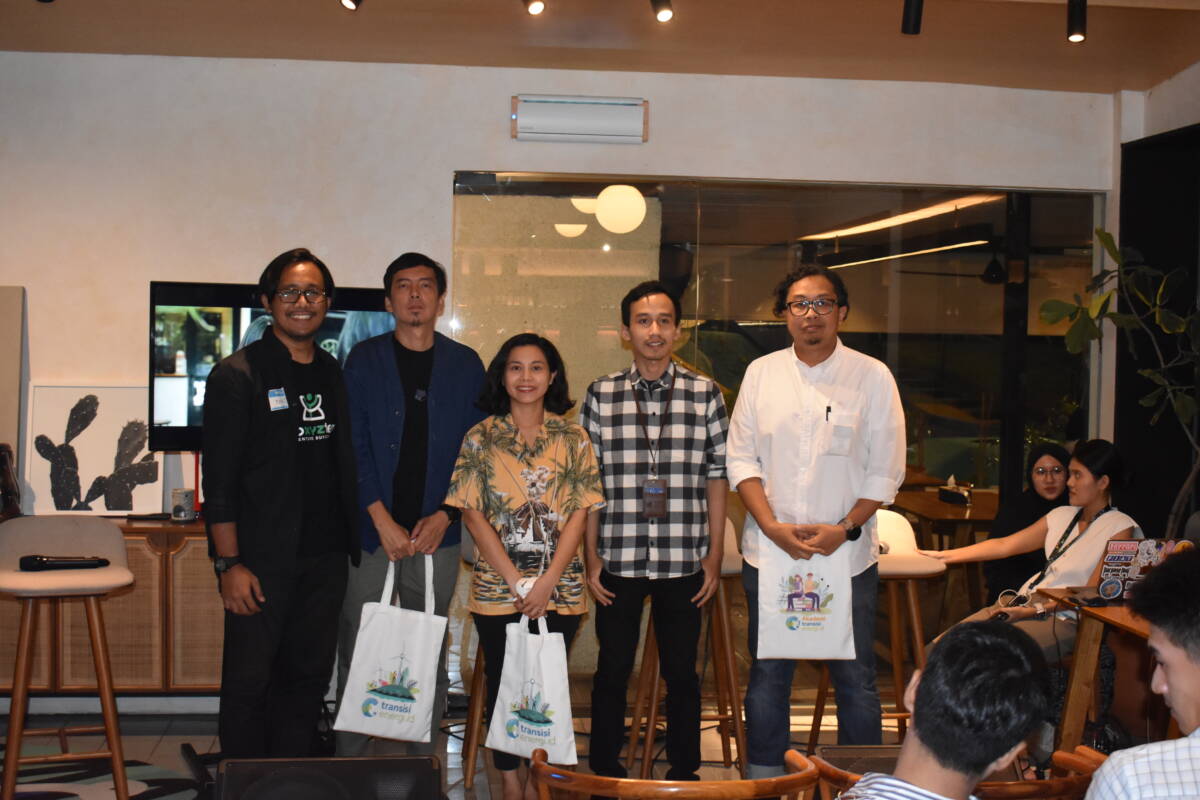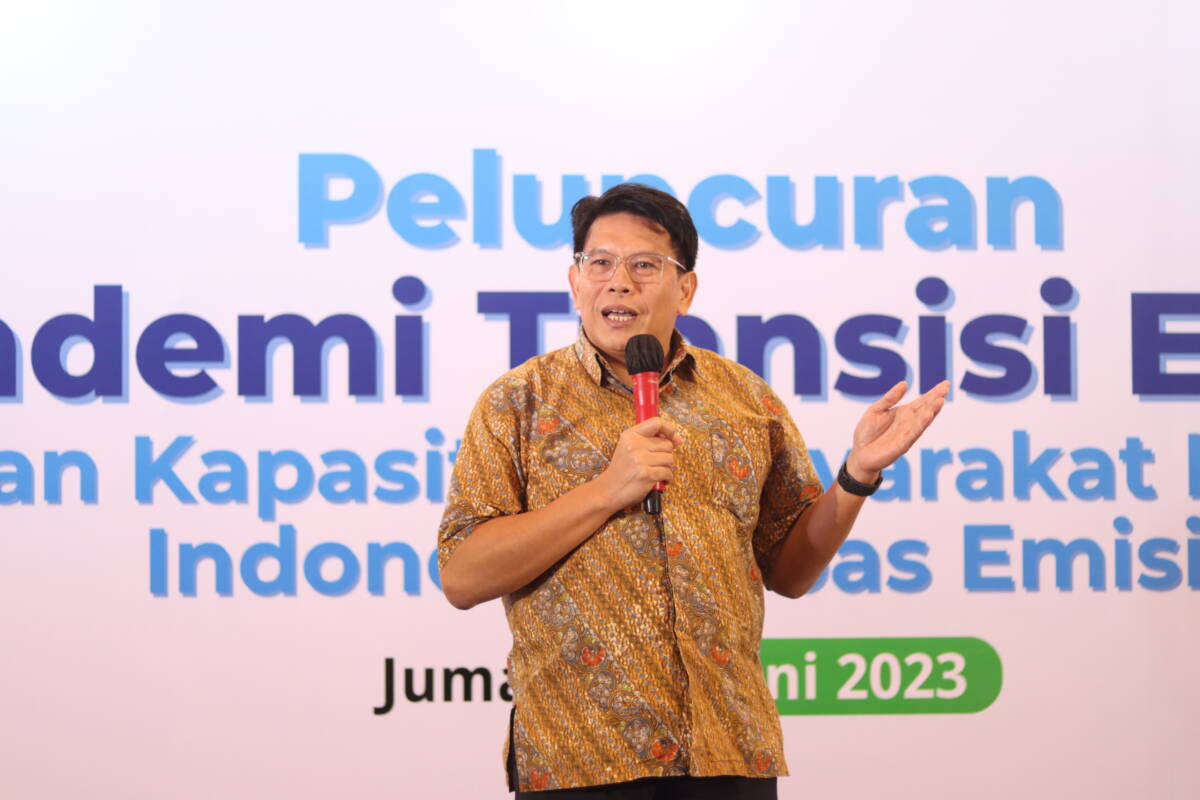Land conflicts, deforestation, and economic exclusion of local communities continue to occur in the 100-day work of President Prabowo Subianto's Cabinet. Read more on Bisnis Indonesia.

Bali, November 25, 2023 - The Provincial Government of Bali has launched Bali towards Net Zero Emission 2045 or Bali NZE 2045 in August 2023. Strategy implementation and collaboration with various parties continue to be carried out to achieve the initiative’s target of net zero emissions. Supporting this initiative, the Institute for Essential Services Reform…

Jakarta, September 27, 2023 - There has been a growing focus on environmental problems, with one of the most pressing issues being waste management. Based on data from the Ministry of Environment and Forestry (KLHK), the national waste stock reached 21.1 million tons in 2022. Of the total national waste production, 65.71% (13.9 million tons)…

Jakarta, June 23, 2023 - The Institute for Essential Services Reform (IESR) encourages community capacity building towards an emission-free Indonesia by launching the Energy Transition Academy platform, accessed via the academy.transisienergi.id website. The platform serves as a forum for learning about energy transition and climate change issues connecting with the growing popularity and frequent use…
